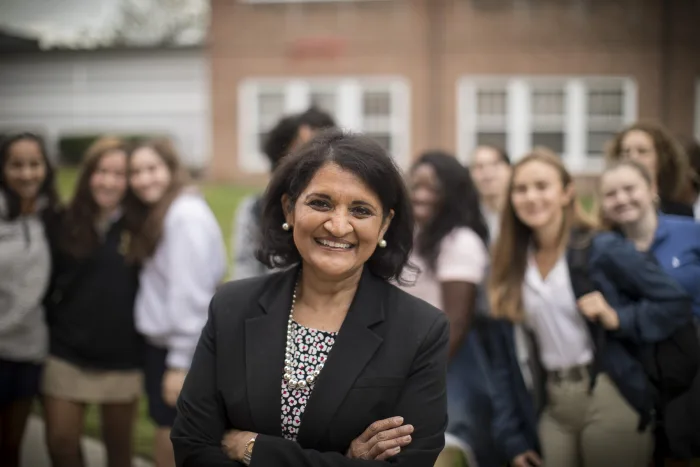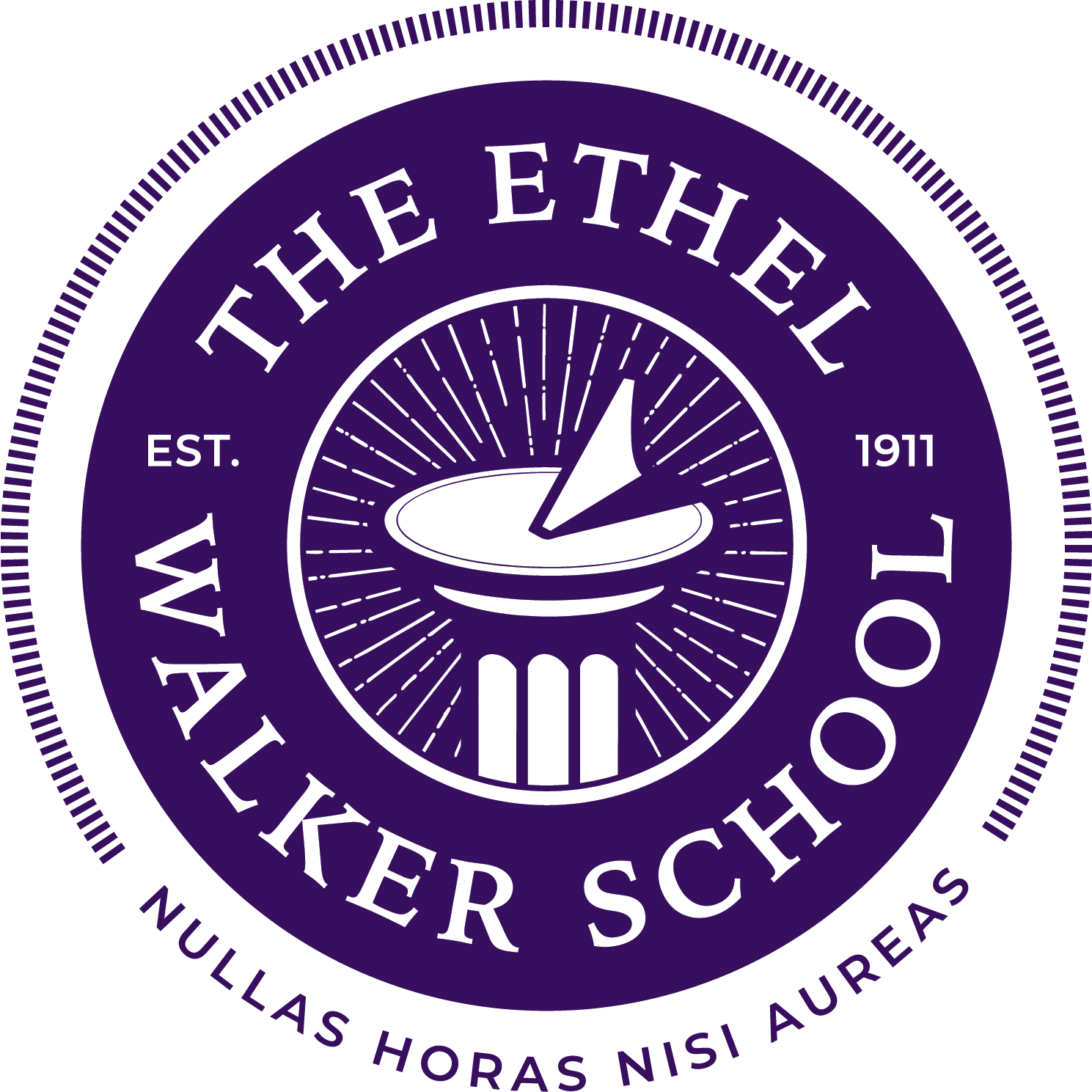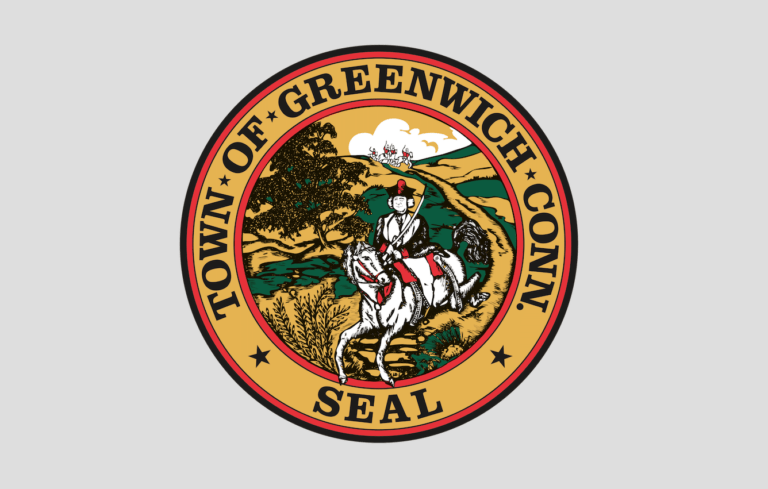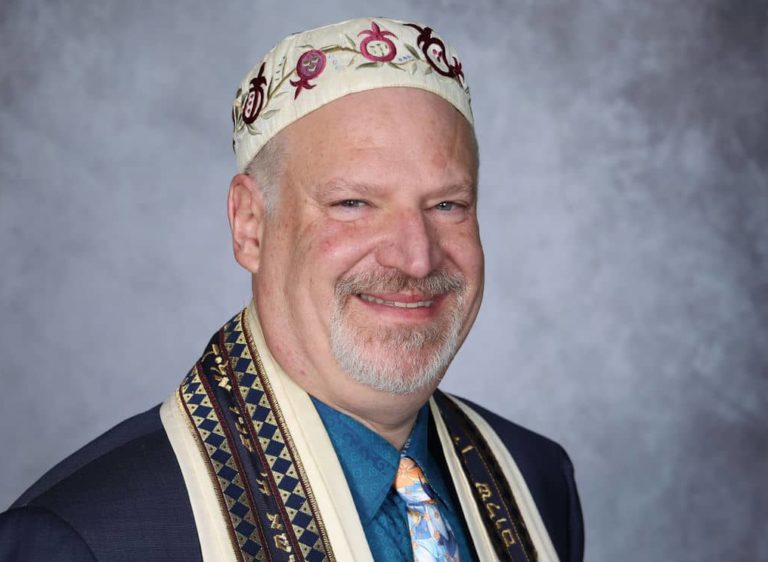
By Dr. Meera Viswanathan
Education is on the cusp of extraordinary shifts — some say books are now passé; others that traditional schools and teachers are too expensive and even irrelevant — that all learning can, should, and will happen digitally; still others that teachers will continue to exist, but only as coaches in the future, merely pointing out directions for students to traverse and serving to cheer them on in their ventures. Whether we subscribe to any of these views or not, we may agree that there are numerous opportunities and great pitfalls awaiting us. How do we go about negotiating these and distinguishing between profound predictions and nonsense?
First, it’s important to understand the roots of education in this century. Fundamentally, as in other eras, education is equal parts cultural formation and intellectual awakening. Cultural formation revolves traditionally around human relationships while intellectual awakening around our relationship to ideas and ourselves. Secondary independent boarding education, perhaps more than any other, seeks to cultivate all of these relationships in a setting that allows us to explore what it actually means to relate and, ideally, to flourish in these relationships.
In our era of fragment and fracture, relationships offer the means to understand and reaffirm our integrity as human beings. It is relationship that undergirds the human ethos, it is relationship that gives rise to ethics, and while we’re often reminded that human relationships are founded on the principle of human equality, what does that mean?
The Nobel Prize-winning economist Amartya Sen and the philosopher Martha Nussbaum have put forward the radical theory that human equality does not imply that we are all equally endowed with the same abilities, interests, and possibilities, nor does it entail merely a divvying up of a basket of goods among us, but instead that each of has the equal possibility to realize our intrinsic gifts, talents, and potential. Whether we do so, or not, ideally should depend on what choices we freely make, not on our given circumstances of birth, upbringing, or geopolitical context.
Surely this is the goal of an independent boarding school — to provide an environment in which teachers, students, and staff come together in a shared vision of self-realization through education and come to know themselves, others, and the world more profoundly.
While some educators in secondary education may aspire to turn out pre-professionals of various stripes, the traditional New England boarding school is concerned with something entirely different. Our task is nothing less than helping adolescents know and realize themselves in the fullest sense of the phrase — personally, intellectually and finally in their relationships. The French idiom, “bien dans sa peau” — to be comfortable in one’s own skin — encompasses precisely this educational ideal.
But, again, what does this mean practically for independent secondary education for young adults in our time?
Education is always provisional — we never achieve closure or end, i.e. perfection, in our understanding. What we learn tomorrow will reshape our understanding today. Hence, education necessarily must be built around taking stock of what we know at this point, what we can do with what we know, and our ability to engage with life itself. We must love learning for its own sake. This is more than the taking of mere tests and metrics of outcome. Those are simply rough indices — we must pay attention to what it is to which they point. It means that we must continue to learn and that self-evaluation must be built into the very infrastructure of the educational process. As administrators, teachers, and students, we need to converse freely and regularly, in twos and threes as well as larger groupings, about what it is we are doing, why we are doing it and whether it accords with our larger stated intention. And, most importantly, we need to focus on the transforming of students through the experience of education into more thoughtful, rational, moral beings who can impact their world positively and constructively.
The provisional nature of education underscores the idea that education entails discovery, especially in the formative developmental years. The metaphors we employ betray how we think about education. Do we seek knowledge as golden nuggets to be mined, gathered up in a sack and hoarded, or do we regard learning as alchemy, both within and outside the classroom, transforming not only our understanding of what we are studying but ourselves as well? What I love about teaching is its volatility, both its unpredictability and its intensity. What we are studying is transformed even as we are transformed. We discover truths about ourselves even as we imagine we are discovering truths about the world at large. The visceral thrill of discovery is at the heart of great education; we learn to acknowledge and understand ourselves as living human beings.
Finally, how might we reimagine the classroom amid the various dissenting voices arguing for its incipient collapse? Here is our great chance. The classroom is the nexus of all of the relationships underpinning learning discussed earlier, and ultimately renders learning an aesthetic experience as well as an intellectual experience. Because of their small size and intimacy, classrooms like those at The Ethel Walker School are surely not places where understanding need not be dispensed like a pill, but rather approached as if it were a mosaic under construction in which teachers provide a framework, and together teachers and students assemble the shards of individual understanding into a larger, more coherent whole, illustrating what we know as of that moment. Learning has thereby become a creative venture, not merely an instrumental one.
These reflections may strike some as lofty, even self-indulgently so. But in a moment when the classroom is being questioned, diminished, or dismissed altogether, we must speak with renewed urgency and conviction about its enduring value. The classroom — whether in places like The Ethel Walker School, King’s Academy in Jordan, Deerfield Academy, or Seirei Gakuen in Japan, all schools dear to me — is not a relic; it is a crucible. It is where students and teachers meet not merely to exchange information, but to co-create meaning, cultivate understanding, and shape lives. It is not simply a good or desirable process, it is a veritable calling, a hallowed journey. For more than forty years, my classroom has been this sacred space — a place where wonder is born, where the mind is stirred, and where, together, we journey not toward certainty but toward insight. In defending the classroom, we defend the very possibility of transformation.

—
A lifelong educator, Dr. Meera Viswanathan is entering her tenth year at The Ethel Walker School. Previously, she served on the faculty of Brown University for 33 years.




